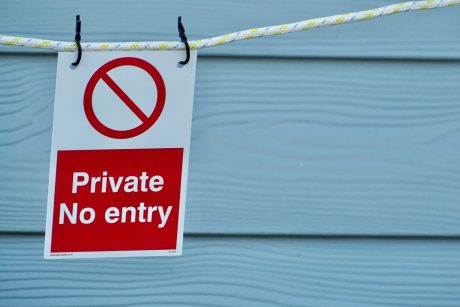I appeared on LBC’s Iain Dale show (26th December 2024) talking about the impact of Labour’s policy of adding VAT to private school fees. I spoke positively about the policy because the evidence suggests:
- The policy will improve social segregation in society because children from wealthier families will mix with children from all walks of life and classes in the state system.
- The policy will improve educational achievement because there is a win-win effect when wealthier families become part of the state system.
Where is the evidence for this? One of the most interesting observations in this regard is Danny Dorling’s analysis. He asks in his book The no-nonsense guide to equality (2012) why it is that more children from Sheffield go to university than those in Bristol, despite the fact that Bristol is a much richer city. His answer is that there are many less private schools. He writes:
The children from Bristol whose parents pay for them to attend private school often get higher exam results, and most of them go to university. But the overall effect of taking these children out of the general state system is to reduce the funding for that system (which is per child) and to convince many children that they need to go to a non-state school to have a chance to get to university (14)

A recent exhaustive academic analysis (Huber et al. 2020) of which explores the consequences of public and private spending on education at all levels, looking at skills and income inequality, and which examined data for 22 affluent democracies from 1960 or 1995 (depending on data availability) to 2017 came this finding:
High levels of public education spending consistently lower income inequality, both measured as wage dispersion and as the education premium. In contrast, higher levels of private education spending increase both wage dispersion and the education premium. (184)
In other words, the more money which governments spend upon boosting their public education systems, the greater the academic benefits for all the population, particularly for ‘academically weaker groups’ (185). However, the more money that is spent on private education in a society, the more ‘pernicious’ the effect upon the population as a whole. The authors write:
Higher reliance on private spending creates greater room for social selectivity, both in access to
educational opportunities and to careers. It has a particularly pernicious effect for
those at the lower end of the academic and social scale. In contrast, higher levels of
public education spending raise skills at all levels and reduce returns to education and
ultimately earnings inequality (185).
These findings, which are both recent and large-scale, show that the Labour Party is right to reduce the amount of money going into the private sector, and amplify the money going into the public education system. In the long run boosting spending upon state education and significantly diminishing the private sector has massive benefits for everyone (Benn 2018).
References
Benn, M. (2018) The only way to end the class divide: the case for abolishing private schools, London/Manchester, The Guardian. URL: https://www.theguardian.com/news/2018/aug/24/the-only-way-to-end-the-class-divide-the-case-for-abolishing-private-schools (Accessed 3/01/2025)
Dorling, D., Pickett, K. and Wilkinson, R.G. (2012) The no-nonsense guide to equality. Oxford: New Internationalist.
Huber, E., Gunderson, J. and Stephens, J.D. (2020) ‘Private education and inequality in the knowledge economy’, Policy & society, 39(2), pp. 171–188. Available at: https://doi.org/10.1080/14494035.2019.1636603.
